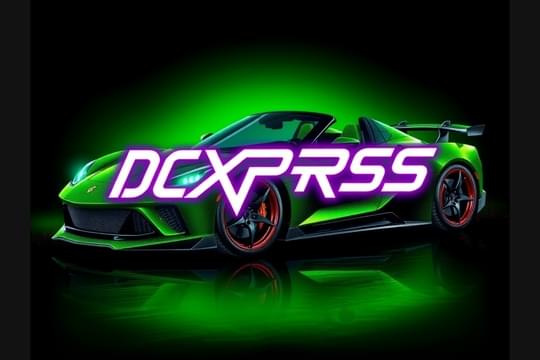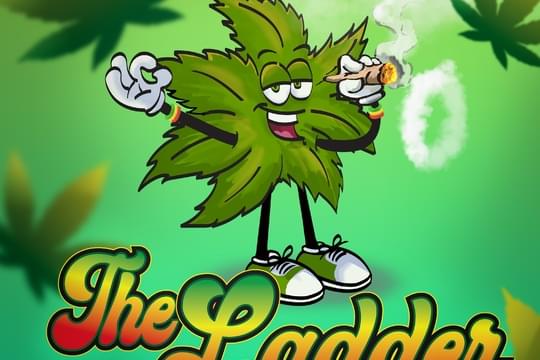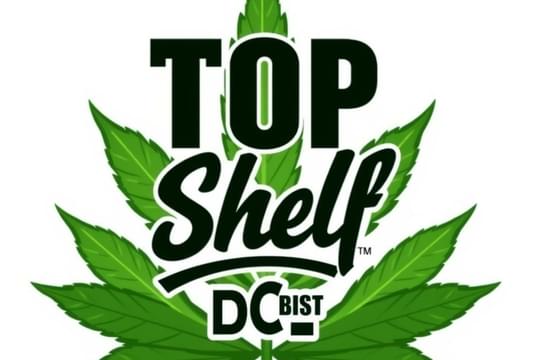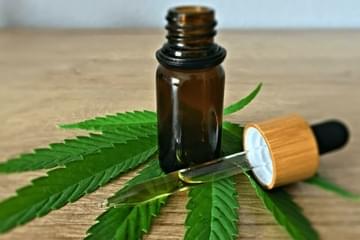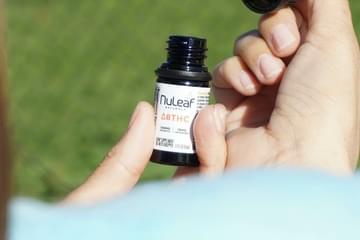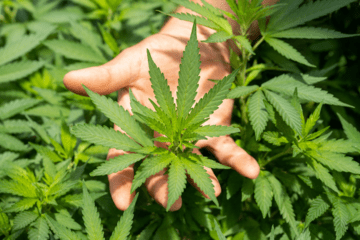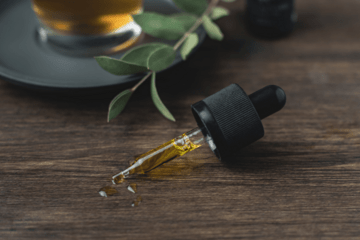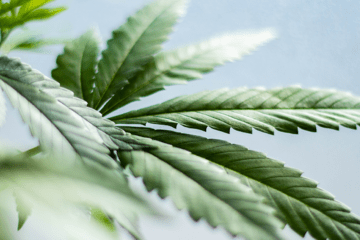
Is it Safe to Drive After Using CBD?
Published on 2/13/21
Out of the 100+ cannabinoids identified in cannabis, CBD is the most common after tetrahydrocannabinol (THC) and found in hemp and cannabis. Even though it sits alongside the psychoactive THC, CBD does not provide any psychoactive effects. Rather CBD produces a variety of benefits like pain reduction, decreased anxiety and depression, and even reduced muscle inflammation. Anxiety and depression levels reduce because CBD stimulates the brain's serotonin receptors and works as a reuptake inhibitor in the brain. This enables it to raise and maintain high levels of the endocannabinoid anandamide that is molecularly similar to THC, but instead of producing a buzz or high, simply acts to calm and relax. Thanks to the therapeutic nature of the cannabinoid, the CBD oil market in the U.S. is big and only growing larger.
THC and Driving
 Unsplash
UnsplashBefore we look at what might happen after using CBD oil and driving, we must look at the dangers of experiencing the psychoactive effects of THC while getting behind the wheel. To put it bluntly, don't do it. How does cannabis impair driving? We know that marijuana negatively affects many skills needed for safe driving, like concentration, coordination and memory. How THC distorts perception, slows reaction time and disrupts quick decision-making abilities can be catastrophic when hitting the highway. Thankfully, there is no evidence that CBD will get in the way of being responsible while on the road.
CBD Use in the U.S.
Even before the federal legalization of CBD in 2018, products containing the cannabinoid were legal to purchase in plenty of states. Now that Uncle Sam has given CBD his nod of approval, studies predict that the collective market for CBD sales in the country will surpass $20 billion by 2024. Not only are CBD sales increasing in dispensaries that also carry THC products, but a quick internet search for "CBD oil" or a visit to any pharmacy, like Walgreens, provides the opportunity to easily purchase CBD oils, tinctures, creams and more; Ultimately showing that CBD use has entered the mainstream.
CBD and Driving
 Unsplash
UnsplashThe omnipresence and increased attraction of CBD beg the question: Can I drive after taking CBD oil? The quick answer is yes - but not without some prior planning. CBD won't produce any type of high or affect cognition, so it will not impair function when it comes to driving in most people. While rare, studies found that CBD does have some potential side effects. Drowsiness and dizziness have the most potential to negatively impact driving. While others like diarrhea or nausea, no driver would want to handle while navigating traffic. If you experience any symptoms after using CBD, there is an increased chance that you might make poor decisions while driving. To be safe, use CBD products in a controlled setting when you do not plan to drive to determine their effect on your body. As with THC, CBD affects everyone differently. Take the time to become accustomed to how CBD affects you before you drive.
CBD Driving Laws
There are currently no laws that prohibit operating a motor vehicle after consuming legally purchased CBD containing less than .03% THC, as required by federal law. That does not mean that you cannot be pulled over and subjected to a field sobriety test if an officer thinks that you are driving in an unsafe manner. If CBD side effects cause an accident, you could also be charged with negligence. This is where the impairment vs. intoxicated dilemma comes into play. When a driver is impaired, they are unable to operate a vehicle safely, but does not necessarily mean intoxication. Intoxication means that you have taken a substance that has caused you to be impaired.
If you take CBD and drive and are deemed to be driving while impaired, there is a chance that you could be charged with a DUI. CBD will not show up on a drug test, but there is always a chance that small amounts of THC might be present in the CBD. Although rare, there are very few CBD products that are regulated by the Federal Drug Administration (FDA), so THC contamination is always possible. Keep in mind that because CBD is a misunderstood substance in the law enforcement community, some police officers may not understand its effects and might simply associate it with marijuana. Possibly leading to a potentially taxing scenario.
Do you use CBD regularly? Have you ever experienced any of the side effects that might impair the ability to drive safely? Take a moment to tell us about it in the comments section below.
